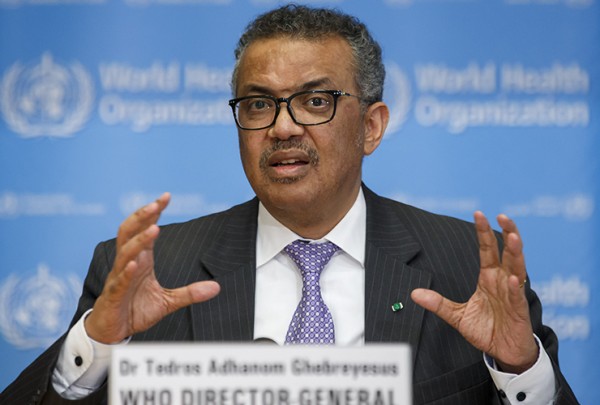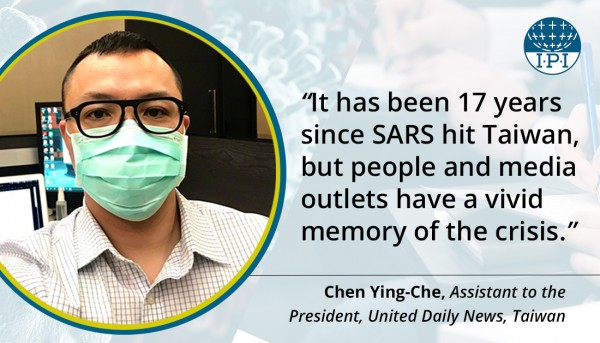For the second year in a row, representatives of Taiwanese media were handed accreditation for the World Health Assembly (WHA), which took place in Geneva, Switzerland, from 17-21 May. The WHA is the supreme decision-making body of the World Health Organisation (WHO), a specialized agency of the United Nations (UN).
Until 2008, the WHA had always refused to grant accreditation to journalists carrying Taiwanese passports or working for Taiwanese media outlets on the grounds that Taiwan is not a member of the UN. In 2009, Taiwanese journalists were finally, for the first time, provided with accreditation. However, the invitation to participate was sent to Taiwan’s journalists only a few days before the beginning of the meeting and it was not clear whether this practice would become standard procedure.
This year’s invitation to Taiwan to join the WHA as an observer appears to confirm the practice.
IPI had in the past criticized the WHA for refusing to accredit Taiwanese journalists. In an April 2008 statement, IPI condemned the practice of linking journalistic accreditation to a country’s UN membership, calling the WHA’s decision “a serious violation of press freedom and the principle of universality of human rights.” In the statement, IPI pointed out that Article 19 of the UN Universal Declaration of Human Rights grants everybody the right to “seek, receive and impart information”. At the same time, Article 2 of the same declaration clearly states that “no distinction shall be made on the basis of the political, jurisdictional or international status of the country or territory to which a person belongs.”
IPI Director David Dadge said: “We are glad that Taiwanese journalists are finally being allowed to participate in this important meeting. We hope that the accreditation of Taiwanese journalists is not just linked to Taiwan’s WHA observer status, but rather to an understanding that access must be granted to journalists in order to enable the public everywhere to appreciate public health issues.”


